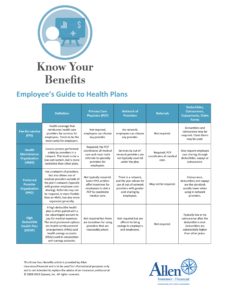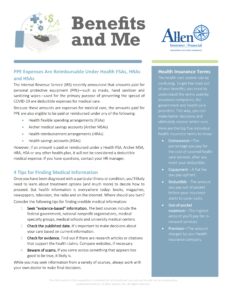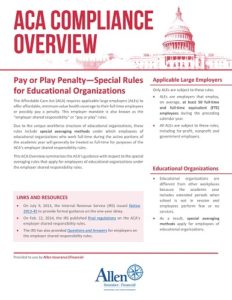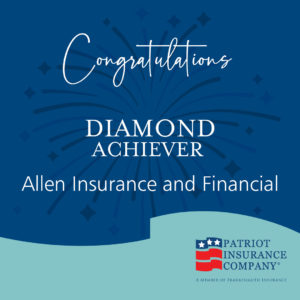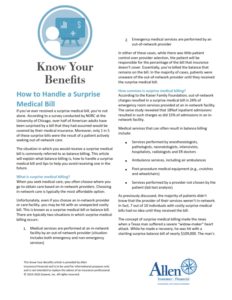We are advisors and our ability to carefully listen and respond is the value of our service, especially when considered against the back-drop of the click-bait, lead-capture mine field that is the modern search engine. (Have you ever clicked to see what mortgage rate you’re eligible for?)
Here are a few excellent questions that independent insurance agents frequently hear.
How do I insure property in self-storage units?
People accumulate an extraordinary amount of property after they have lived in the same home for an extended period of time. Children move out of the nest and leave behind all manner of treasures, things too precious to allow their parents to give or throw away but not quite important enough to bring along as they begin their own personal quest to accumulate way more than they will ever need. On the other side, prized possessions of late parents and relatives also tend to trickle down to the next generation. It seems people cannot quite bring themselves to throw away that moth-eaten mink stole or home videos that should be converted to digital copies, someday. In response to this mountain of loved but unneeded property are acres and acres of self-storage facilities and pods. In some cases, homeowners’ insurance policies will provide world-wide coverage for personal property, including those items held in storage units, but with a limit of 10% of the total amount of coverage on the policy. With some carriers, you need to modify the existing homeowners policy to include property held in storage facilities with a specific limit of coverage. As with most personal property coverage, there are caps for certain high value categories of possessions, such as jewelry, watches, furs and firearms. If someone is between homes. having sold their home and figuring out what is next, they should look to the storage facility or specialized insurers who specifically provide insurance for this category of property. Bottom line: Ask your agent, as each insurer treats this category of property a little differently and never make the assumption that it is insured automatically.
Does my homeowners policy cover outbuildings (garage/sauna/yoga studio/shed) on my property? Almost all homeowners policies automatically provide a certain level of coverage for “other structures.” The coverage, generally set at 10% of the dwelling value, insures structures and things that are not attached to your house. Some examples of property that would be repaired or replaced if damaged by a covered peril are garages, guest houses, patios, dining areas, mailboxes and walkways. Limitations and exclusions to this automatic coverage do apply. For example, piers and wharves are covered but most insurers exclude marine-related loss such as wave action and the lifting and crushing of ice. Also, if a detached structure is tenant-occupied or used to conduct business, the policy will need to be modified to make sure the homeowner is properly insured. If the built-in coverage is not enough, you may have the option to increase the other structures limits. Also, if there is a lot of value in these detached structures, it is wise to have a discussion with your insurance agent to see if guaranteed replacement cost coverage applies, as this coverage mandates that the insurer replace or repair the damaged structure even if the cost to rebuild exceeds the limit of coverage. Depending on the insurer, pools can either be covered under the dwelling or other structures coverage. Above-ground pools are usually considered personal property.
Does bundling insurance really save money?
The quick answer is yes. Insurers hire legions of actuaries to keep a very close eye on the characteristics of the most profitable accounts. The goal is to avoid or charge more for accounts that are predicted to lose money, and be more aggressive with pricing on the accounts where a profit is expected. One of the principles of insurance is spread of risk: Insurers know that if they insure both a home and vehicles they’re more likely to turn a profit than if they insured just one aspect of their client’s life. The insurers also know that accounts with multiple policies have better retention, which is driven by savings, familiarity of doing business, and convenience (or hassle to switch everything!). From the client’s coverage perspective, bundling insurance can also create a more efficient solution, with the potential to close gaps in coverage and eliminate redundancies.
What about deductibles?
With most insurers, the deductible can have a significant impact on both home and auto insurance premiums. Whether you are shopping for insurance or reviewing your current policies it is a great idea to price deductibles within a range so you can make a cost benefit decision with actual numbers. Often insurers who specialize in covering high value homes will greatly incentivize high deductibles, with some offering deductibles as high as $100,000. For insurers focused on more typical homes, deductibles ranging from $500 to $2,500 are most common. Another benefit of higher deductibles is that they impose some discipline on filing claims. Claims history is a very important part of insurance underwriting and even very small homeowners claims can have a significant impact on insurance eligibility and pricing. If you have a $1,000 deductible and an $1,800 loss it might be wise to self-insure (pay out of pocket) the cost of the repair rather than file the claim and risk your loss-free status. Furthermore, there’s always a chance that a more significant loss would occur in the near future, and having two claims in a short time span can have a major impact on access to insurance.
Flood Insurance: What’s new?
Flood insurance is always top of mind in a state like Maine with vast numbers of fresh and salt water adjacent real estate. York and Cumberland counties still have yet to adopt the new FEMA flood maps so be sure to be looking at both the current and future maps in these counties so your client can be proactive in mitigating the risk of being remapped into a special hazard flood zone. In positive news, the market has come up with some compelling and well-priced private flood insurance options as well as improved diagnostic software and third party websites which more easily allow real estate agents and their clients to determine the impact of the flood plain on a particular property. As always, get out ahead of the question of flood insurance because it takes some time to navigate the process of securing the best priced flood policy available. Also, if you need to have an elevation certificate done, expect delays greater than you have seen in the past. Like so many real estate tied professions, surveyors are busier than ever.
Socrates is credited with saying “the only true wisdom is knowing you know nothing.” In the world of insurance, this is very good advice. So often there are nuances and variables with in insurance coverage. The best advice is to work with an independent agent you trust and never hesitate to pick up the phone or send an email when you have a question about coverage.



